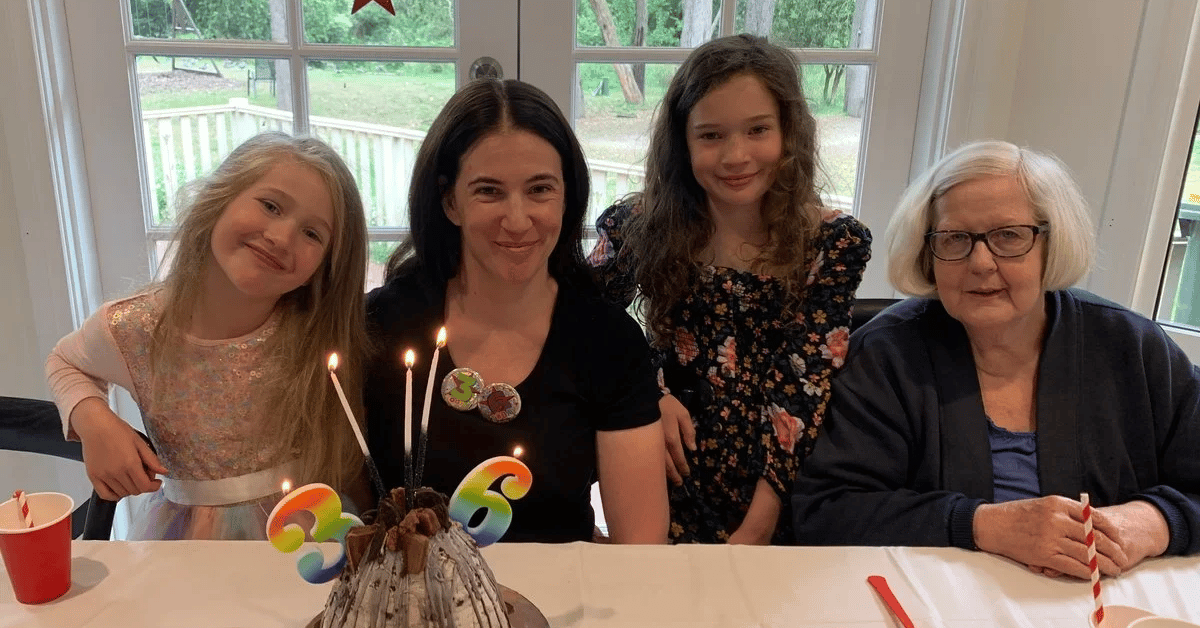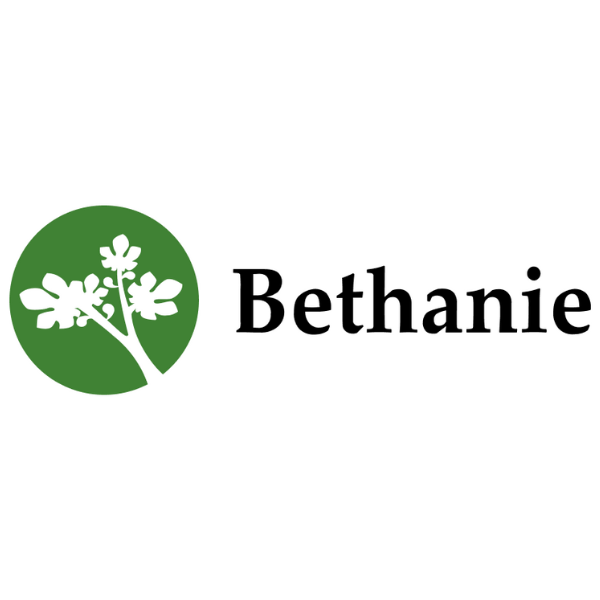

Whether you're at a party or catching up with friends for a coffee — while important, the topic of ageing parents isn't always something that people are eager to talk about. I mean, it's not synonymous with having a good time or clinking your glass with a celebratory "cheers".
Unfortunately, this lack of conversation can mean not understanding what supporting an ageing parent looks like and feels like before it happens, as well as not being able to offload and decompress about its challenges, when at times, it can feel really difficult.